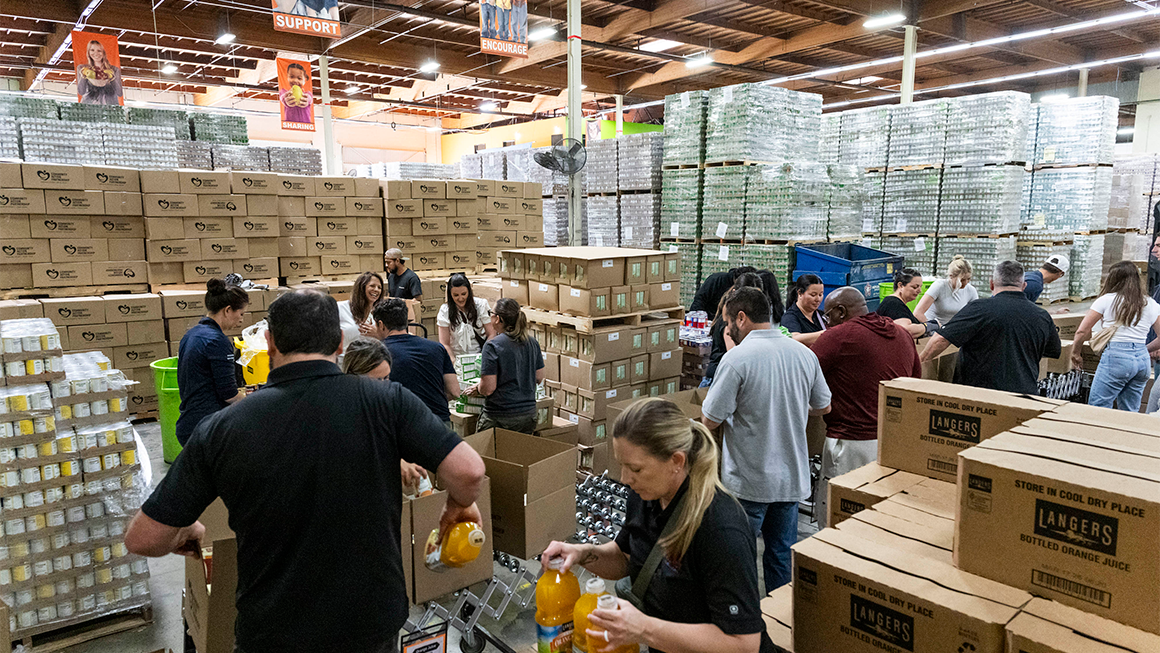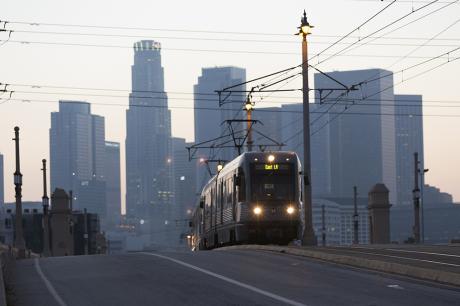Articles and analysis on today's issues

Federal cuts to the Supplemental Nutrition Assistance Program could cause some DC-area families to lose an average of $187 in monthly benefits.
Disabled Adults Face Added Barriers to Behavioral Health Care New research finds that many barriers to screening and treating suicidality and substance use disorders are often magnified for people with disabilities.Black Housing Wealth Varies across Local Markets, Despite Recent Improvement in the Black Homeownership Rate Nationally By identifying notable county-level shifts in the gap between Black households’ share of all households and their share of total home values in recent years, this analysis offers valuable insights for policymakers looking to address housing wealth disparities in their communities.Small Apartment Buildings Can Help Address Housing Shortages, but High Land Costs and Interest Rates Are Limiting Construction Recent zoning reforms intended to encourage more duplexes and triplexes have underperformed because high land costs and interest rates mean single-family homes are often still more profitable.DOT’s Plan to Distribute Funding by Birth and Marriage Rates Would Leave Communities Most In Need Behind If enacted, the new US Department of Transportation memo would prioritize funding to whiter, higher-income, more car-dependent areas over communities of color and people who walk, bike, or take public transit to work.How Would Children Fare Under Proposed Cuts to Federal Spending? Data on the federal government’s spending on children show what could be at stake under select policy proposals.AI and Machine Learning Are Shaping the Future of Public Transit AI and machine learning could transform the transit industry by enhancing safety, operational efficiency, and rider experience while addressing challenges such as affordability and cleanliness.





